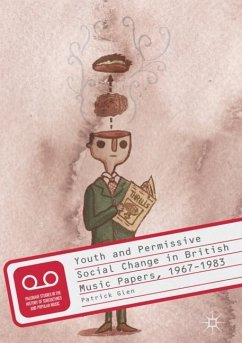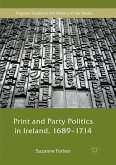This book is a work of press history that considers how the music press represented permissive social change for their youthful readership. Read by millions every week, the music press provided young people across the country with a guide to the sounds, personalities and controversies that shaped British popular music and, more broadly, British culture and society.
By analysing music papers and oral history interviews with journalists and editors, Patrick Glen examines how papers represented a lucrative entertainment industry and mass press that had to negotiate tensions between alternative sentiments and commercial prerogatives. This book demonstrates, as a consequence, how music papers constructed political positions, public identities and social mores within the context of the market. As a result, descriptions and experiences of social change and youth were contingent on the understandings of class, gender, sexuality, race and locality.
By analysing music papers and oral history interviews with journalists and editors, Patrick Glen examines how papers represented a lucrative entertainment industry and mass press that had to negotiate tensions between alternative sentiments and commercial prerogatives. This book demonstrates, as a consequence, how music papers constructed political positions, public identities and social mores within the context of the market. As a result, descriptions and experiences of social change and youth were contingent on the understandings of class, gender, sexuality, race and locality.








